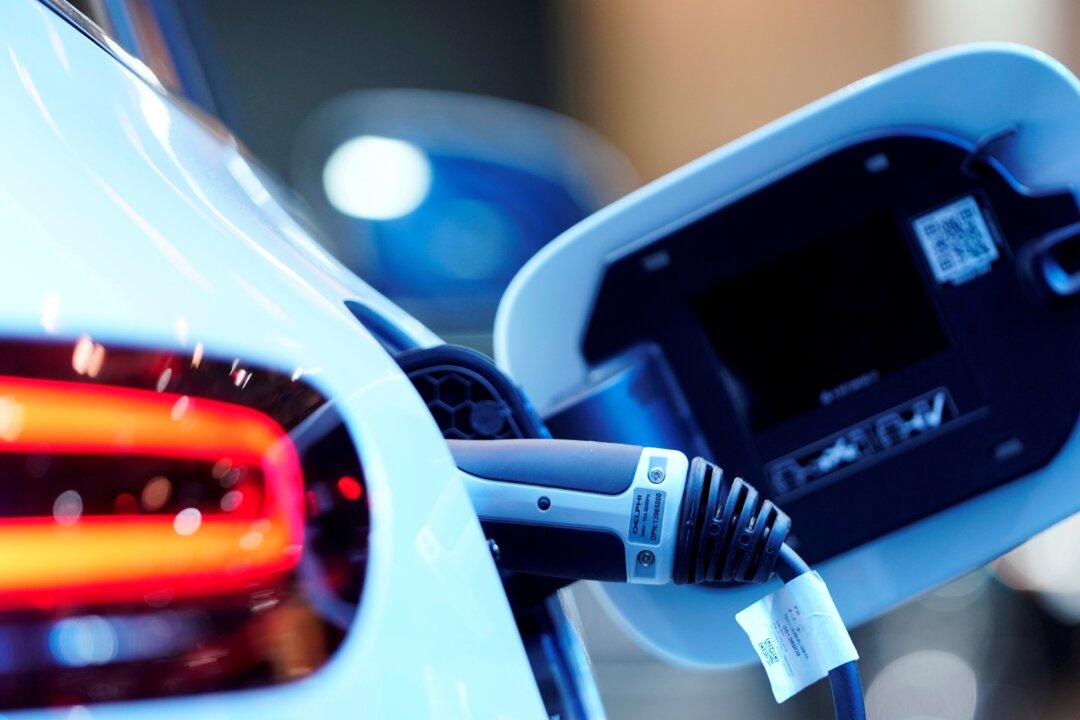To power electric vehicle charging stations in the coming decades, Canada’s power grid will have to expand by 23 percent—and it’s uncertain how much that will cost ratepayers, according to Natural Resources Canada (NRCan).
The government announced in December that all new vehicle sales must be zero-emission by 2035. Conservative MP Warren Steinley asked NRCan to say how much this would impact electricity use and its costs. The answer came in an Inquiry of Ministry tabled last week, first reported on by Blacklock’s Reporter.





